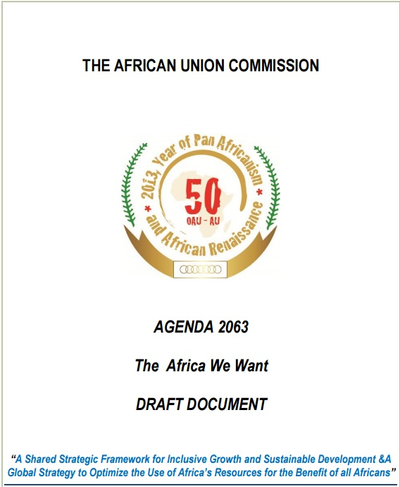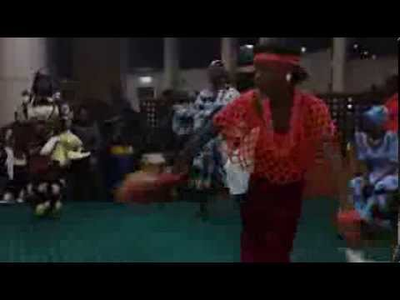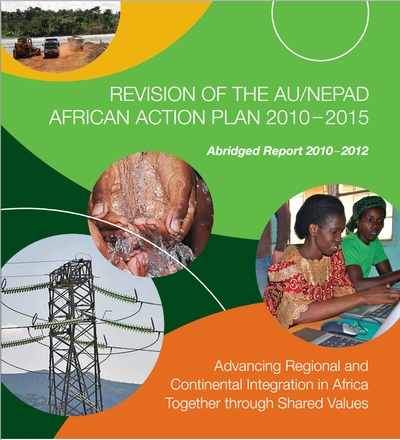African Union abandons plans to send peacekeepers to Burundi – The African Union has abandoned its plan to send 5,000 peacekeepers to help restore stability to troubled Burundi.

Officials said they would instead encourage political dialogue between Burundi’s opposing sides.
Burundi’s President Pierre Nkurunziza had fiercely opposed the AU plan’s to send peacekeepers. His decision last April to seek a third term in office has led to ongoing violence and fears that Burundi is sliding into ethnic conflict.
At least 439 people have died and 240,000 have fled abroad since last April, the UN says.
The AU could have deployed troops without Burundi’s consent – a clause in its charter allows it to intervene in a member state because of grave circumstances, which include war crimes, genocide and crimes against humanity – but it would have been the first time it had done so.
Top AU diplomat Ibrahima Fall said such a move would have been “unimaginable”.
AU Peace and Security Council chief Smail Chergui said, after the bloc’s meeting in Ethiopia: “We want dialogue with the government, and the summit decided to dispatch a high-level delegation.”
Earlier this week, human rights group Amnesty International published satellite images it said were believed to be five mass graves near Burundi’s capital, where security forces were accused of killing scores of people in December.
A fact-finding mission by the AU has reported arbitrary killings, torture and the “closure of some civil society organisations and the media”.
Mr Nkurunziza is the former leader of a Hutu rebel group, who has been in power since a 2005 peace deal. Both the government and the opposition are ethnically mixed.
Ethnic conflict between Hutus and Tutsis in the 1990s claimed an estimated 300,000 lives.
Burundi: Key facts
- The country is facing its worst turmoil since the 12-year civil war ended in 2005
- 4m population
- 50 years – life expectancy for a man
- 2nd poorest country in the world
- 85% are Hutu, 14% Tutsi
- 300,000 died in civil war
- UN, World Bank, CIA
Burundi’s deepening crisis
- April 2015: Protests erupt after President Pierre Nkurunziza announces he will seek a third term in office.
- May 2015: Constitutional court rules in favour of Mr Nkurunziza, amid reports of judges being intimidated. Tens of thousands flee violence amid protests.
- May 2015: Army officers launch a coup attempt, which fails.
- July 2015: Elections are held, with Mr Nkurunziza re-elected. The polls are disputed, with opposition leader Agathon Rwasa describing them as “a joke”
- November 2015: Burundi government gives those opposing President Nkurunziza’s third term five days to surrender their weapons ahead of a promised crackdown.
- November 2015: UN warns it is less equipped to deal with violence in Burundi than it was for the Rwandan genocide.
- December 2015: 87 people killed on one day as soldiers respond to an attack on military sites in Bujumbura.
- January 2016: Amnesty International publishes satellite images it says are believed to be mass graves close to where December’s killings took place




